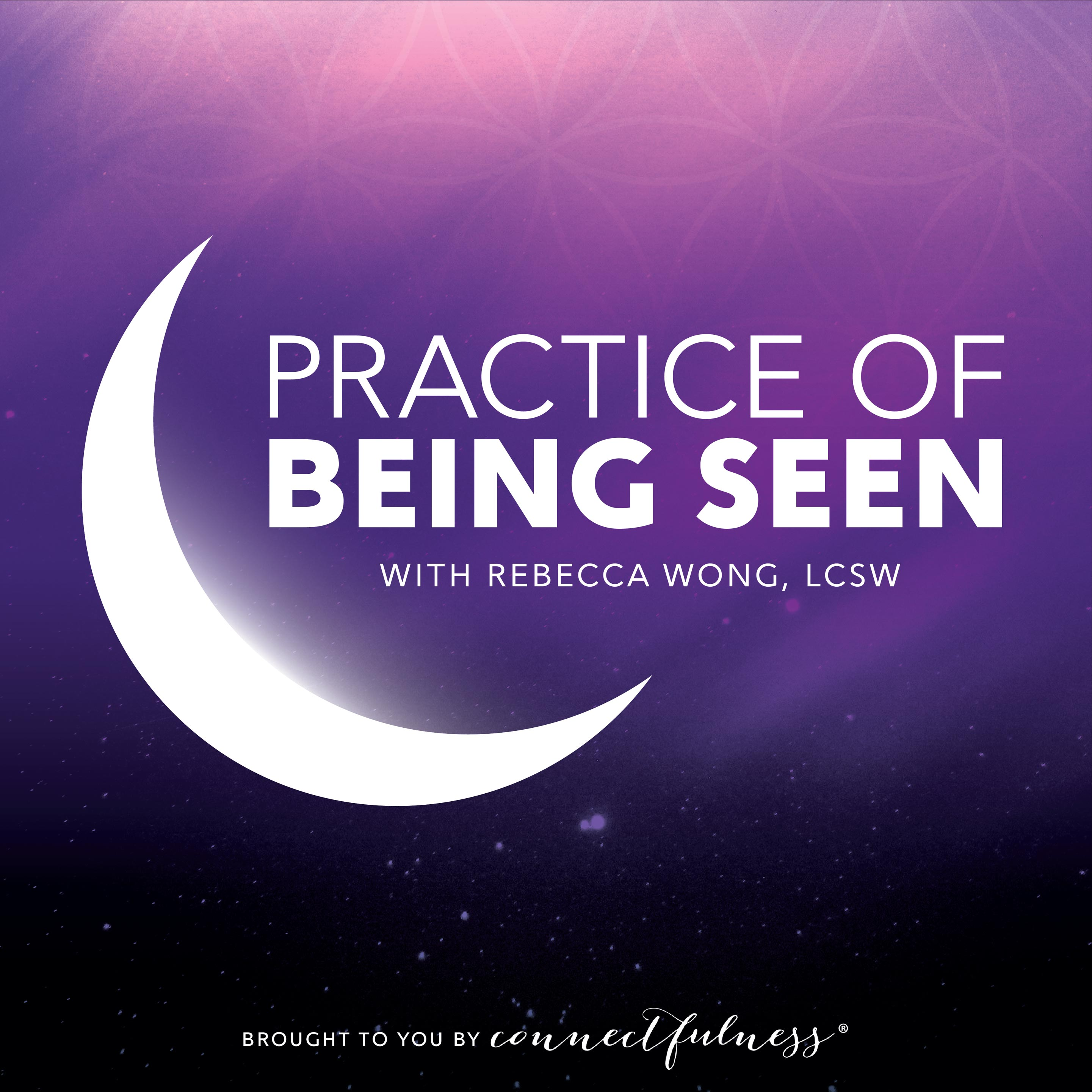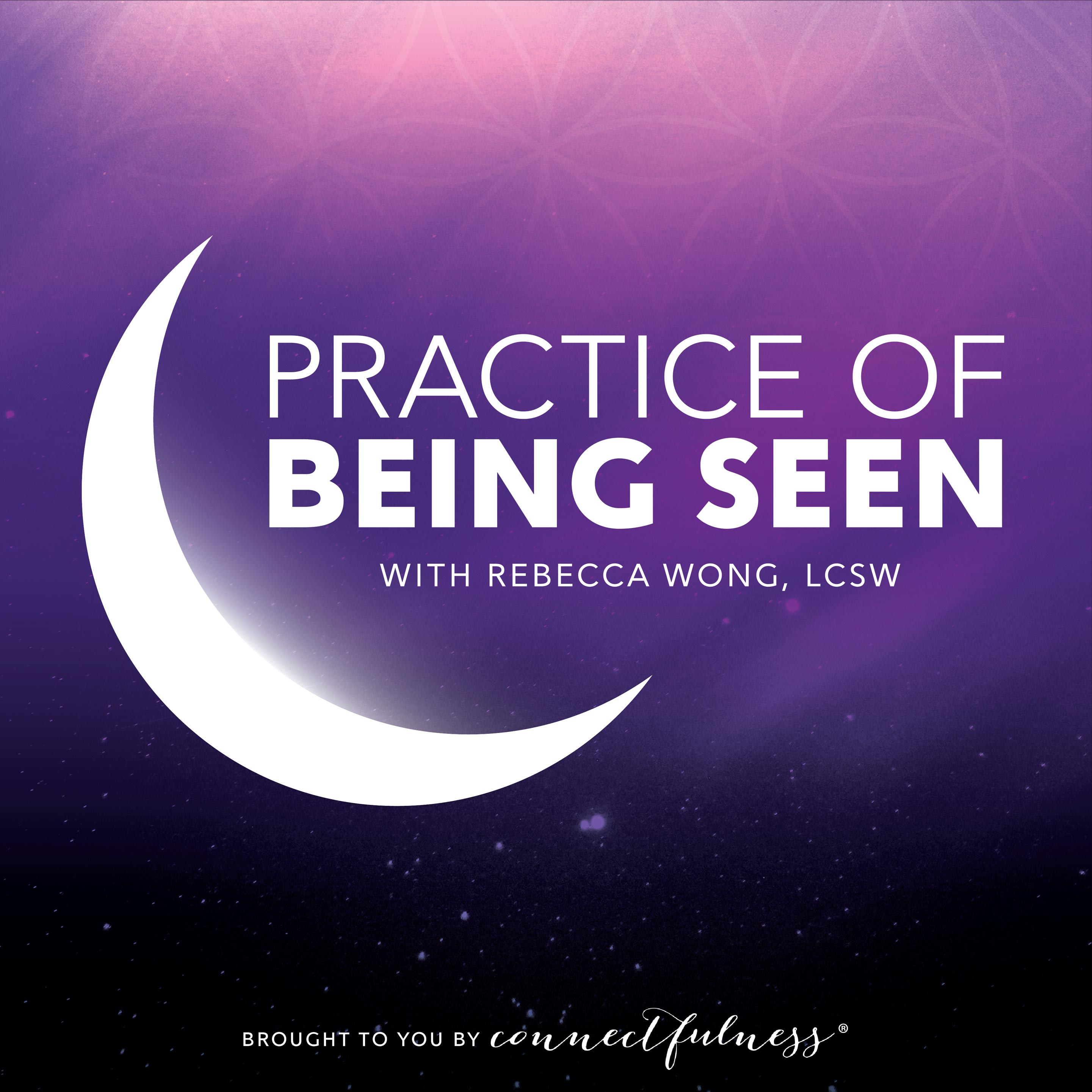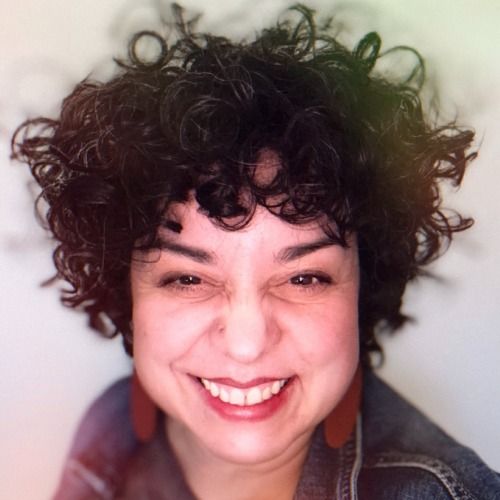Marsha Shandur: Unforgettable Storytelling
What are the biggest mistakes people make when they tell a story? It’s not “too much detail.” Storytelling Coach Marsha Shandur gives advice about how to be a powerful storyteller - even if you’re a private person or a therapist concerned about disclosing too much.
When you meet Marsha in real life, she makes an impression. You always remember what you feel around her (it’s all about grinning and being fabulously real, we find). That phenomenon totally carries over into the POBScast experience.
There’s a truth that so many coaches share: When you get very clear on why you are doing what you are doing, everything changes. When you’re in alignment, the universe starts throwing what you need in your path. Marsha tells us about her light bulb moment…
For years she thought she was supposed to be using her storytelling coaching skills in order to help nonprofits and other change the world ideas, but then she realized her real mission: she’s going to help us all understand that no one has their SH** together. She lives her message across her online platforms, but particularly in her weekly Facebook thread: “I don’t have it all together Tuesday.” (Follow her personal FB profile to participate - it’s the best!)
The experience of selling your personal brand, especially as a coach, means that you need to put out the best version of yourself. It’s necessary to look like we’re successful because we want people to hire us, but... Marsha calls on Brene Brown’s wisdom: when you meet someone, vulnerability is the first thing you look for in them and the last thing you want to show.
Storytelling is a brilliant, low-stakes way to be vulnerable. You need distance to tell the story well. The magic of time and distance makes it ok to share difficult parts of yourself and talk about your feelings.
Successful storytellers don’t rely on facts and opinions but on feelings. What does it take to feel your feelings? Marsha walks us through an exercise that helps you connect to the sensations in the moment and describe them. We touch on the neuroscience of story and
how to create the “Freaky Friday Body Swap” phenomenon.
Want more of Marsha? Say “yes, yes” and visit the super special secret page she created just for the POBScast community: http://www.yesyesmarsha.com/pobs/
OUR SPONSOR
We’re so excited to welcome the latest sponsor to the POBScast family: MetaFi is a self-awareness app created by therapists that is available FREE on Android and iOS. It is designed to support mindfulness, emotional intelligence, and body awareness. When you tune in and use MetaFi as tool, you can re-establish and strengthen the emotional connection between your mind and body. MetaFi helps you increase awareness of how you show up from moment to moment so you can improve your relationships, productivity, creativity, emotional intelligence, and thinking.
Get started today with your free download: https://www.metafi.me/#meet-metafi


